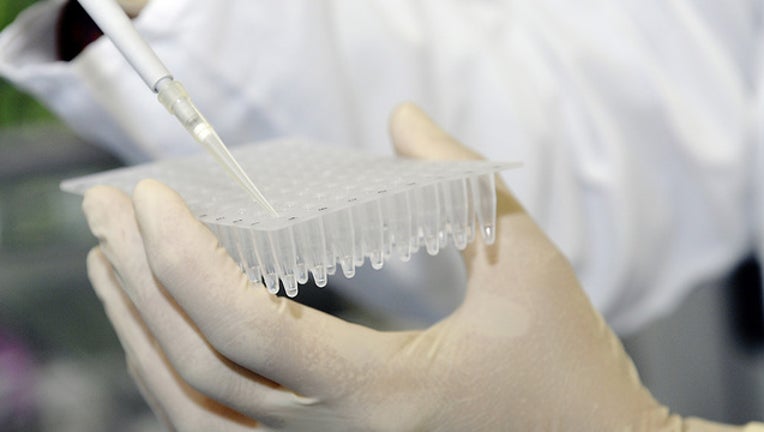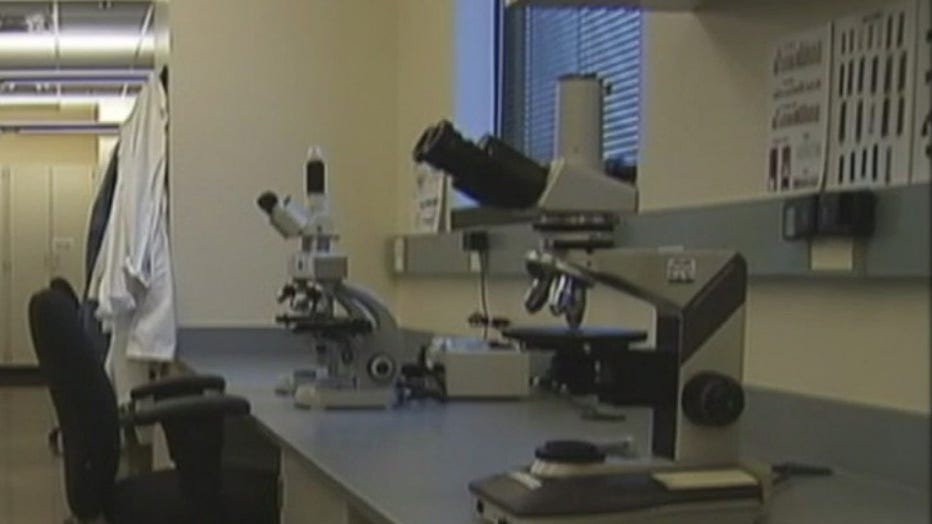New Texas law helps identify suspects in more than 45 unsolved cases

A medical technician assistant analyzes a human saliva sample (File photo by Karl Schuh/Getty Images)
AUSTIN, Texas - A new Texas law is assisting law enforcement agencies in identifying suspects connected to unsolved cases.
House Bill 1399, also known as the Krystal Jean Baker Act took effect in September of 2019 and authorized the collection of DNA samples from individuals charged with certain felonies.
The law was named after Krystal Jean Baker, who was abducted in 1996 at the age of 13 and was sexually assaulted before she was murdered. DNA samples collected at the time of her murder later helped identify Baker's killer after the man was arrested on unrelated charges in Louisiana.
DNA samples gathered at the time of his later arrest connected him Baker's murder.

"The Krystal Jean Baker Act gives law enforcement an additional tool as we work to keep criminals off our streets, solve cases and see justice served,” said Texas Department of Public Safety Director Steven McCraw. “By allowing us to collect and enter DNA evidence from offenders in a much quicker time frame, we are able to make a critical connection to previous crimes committed by the same offender. We are aiming to stop these criminals from committing any other violent acts against innocent people.”
Under the new law, police are not required to wait for a conviction before they gather DNA evidence from a suspect. If a person is arrested under a qualifying felony, their DNA can immediately be collected at the time of their arrest and sent to the database.
"In the short time since Governor Abbott signed this legislation into law, Texas has collected thousands of new samples and made significant progress on unsolved cases. This is just the beginning, and I am optimistic we will build on this success,” said Sen. Brandon Creighton. “I want to applaud Texas law enforcement for their great work implementing the new law so the worst offenders will be off the streets and finally be brought to justice.”

